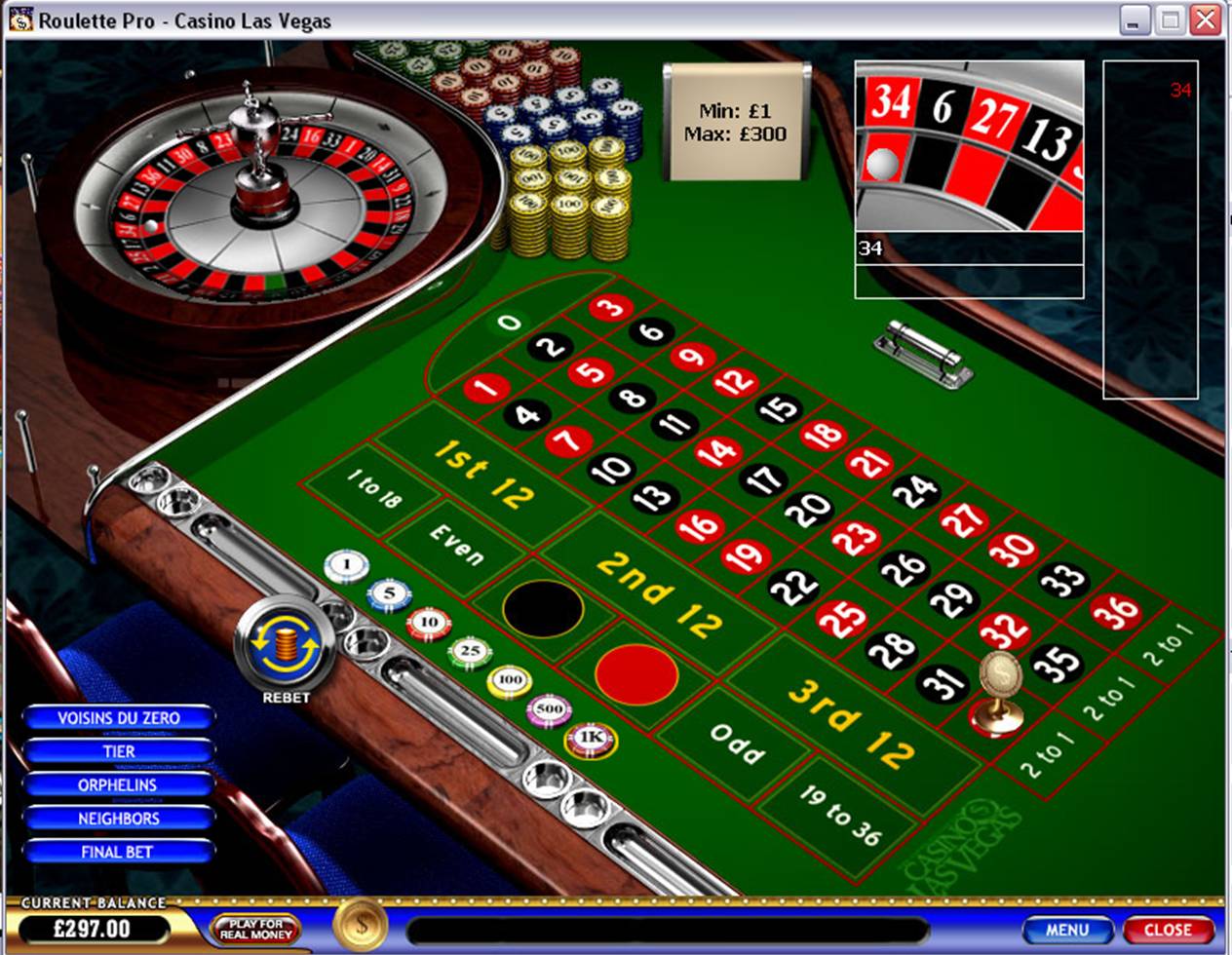
When we think of casino games, the first pictures that often cross our minds are those of spinning wheel wheels, card tokens clinking on fabric tables, and dice flying across a betting surface. While many view these games as simple hobbies fueled by chance, a more profound exploration reveals a fascinating blend of tactics, skill, and community engagement that raises them well beyond basic chance. Regardless of whether you are a experienced player or a inquisitive newcomer, grasping the nuances of these activities can significantly enhance your experience and appreciation.
Gambling games have evolved over hundreds of years, with various cultures contributing to their rich histories and different forms. From the intricate strategies of blackjack to the deception tactics in card games, players engage in a contest of wits as much as a risk on numbers. This exciting interplay between chance and skill creates a thrilling atmosphere that draws millions to gambling establishments worldwide. As we delve into the realm of card activities, we will reveal the methods that can tilt the odds in your favor and the social elements that make these games a popular choice for entertainment and interaction.
The Approach of Casino Gaming
Casino games often involve a blend of skill and chance, which makes them intriguing for participants who enjoy a test. Every game has its unique set of rules and tactics that can influence the outcome. For example, in titles like 21, players are required to use strategies like counting cards and grasping the probabilities to make informed decisions. This expertise can greatly improve their winning potential, distinguishing experienced players from beginners who may depend entirely on chance.
In contrast, games such as the roulette may seem to be entirely based on chance, but tactical thinking can also come into the equation. Players can choose between various wagering strategies, such as the Martingale strategy, in which they raise their wagers after a loss. This method can establish a more controlled way to the game. Grasping the odds of specific wagers can also help players make better decisions on the table, showcasing that even in titles of luck, strategy can enhance the experience.
Additionally, poker is notable as a game that strongly emphasizes strategy. Unlike most gaming games, the game of poker combines skill, psychology, and luck. Participants must not only concentrate on the cards they are dealt but also take into account their opponents actions and wagering patterns. Mastering principles like position, pot odds, and interpreting bluffs is crucial for success. This depth of strategy in poker often creates to a more engaging encounter for participants, as their choices and abilities greatly affect the game’s outcome.
Understanding Chance and Ratios
In the realm of casino activities, probability and ratios hold a vital role in determining a player’s possible outcomes. Every game has its own collection of principles that dictate how the chance of winning or failing is calculated. For case, in games like blackjack, participants have a opportunity to influence their odds through planning, whereas in games like the wheel, the outcomes are entirely governed by luck. Grasping how these chances are measured can significantly affect how a player deals with the game.
Odds are typically shown in two formats: fractional and decimal. Fractional odds indicate the proportion of the sum gained to the sum bet, whereas decimal ratios show the overall return for a successful wager, which includes the initial bet. For example, if a game has ratios of 5 to 1, this means that for every one unit staked, a player could win five units if successful. Knowing how to understand these ratios enables players to assess their possible earnings and formulate more educated choices during play. Uk88
Players should also be aware of the casino advantage, which is the casino’s built-in benefit over the players. Each game has a different advantage, and comprehending this idea is essential for managing one’s expectations and budget. Games with a lower house edge, such as blackjack and baccarat, typically offer better ratios for gamblers compared to activities like slot machines and keno. By recognizing the connection between chance, ratios, and the house edge, players can improve their gambling engagement and plan more efficiently.
The Social Aspect of Casino Table Games
Casino games at gaming establishments are often seen as a center of social interaction, drawing players together in a collective experience that extends far beyond the mere act of gambling. The atmosphere at a blackjack table can be electric, with players engaging not only with the game itself but also with one another. Joy, cheers, and, occasionally, playful teasing create connections that improve the overall enjoyment of the gaming experience. This communal aspect can turn a solitary endeavor into a lively social event, making casino games particularly enticing.
One of the intriguing elements of gaming at tables is the way it cultivates friendship among participants. Whether it’s teaming up to defeat the dealer at a craps table or sharing stories between hands in a poker game, the environment encourages communication. Players often share tips or tactics, creating a sense of community that boosts the fun. This social dynamic can make new gamblers feel included and less intimidated by the competitive nature of casino games. As the game progresses, friendships may form, leading to a sense of connection that keeps players returning to the table.
Moreover, the social aspect of table gaming extends outside just the participants. Dealers play a vital role in facilitating interaction and maintaining the flow of the game. Their ability to engage players with friendly conversation and their expertise in managing the table can create an welcoming atmosphere. This connection between participants and staff adds another layer of enjoyment, where gamblers feel connected not only to each other but also to the staff. Such interactions are often what make the experience unforgettable, as players leave with tales to tell and connections made, reinforcing the notion that gaming at tables are truly about more than just chance.
